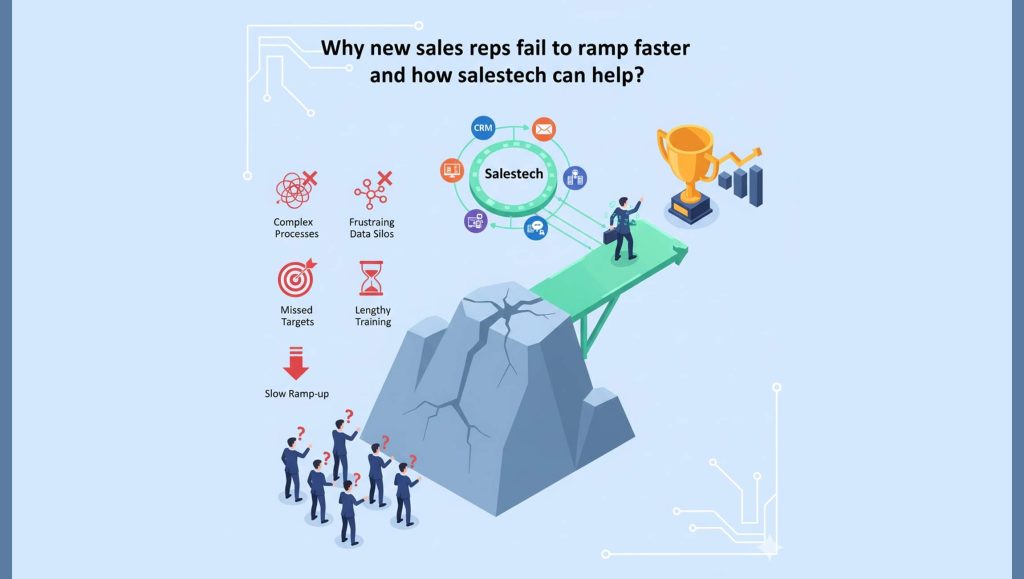Generative AI, in the context of Customer Experience (CX), refers to advanced artificial intelligence systems capable of creating or generating new content, responses, or data autonomously. These AI models, trained on vast datasets, possess the ability to understand, interpret, and respond to customer queries and interactions dynamically. In CX, this technology revolutionizes how businesses engage with customers, offering personalized and efficient experiences. From crafting tailor-made responses to anticipating customer needs, Generative AI enables a new era of interactive, responsive, and adaptive customer service.
How Can Artificial Intelligence Help Improve the Customer Experience?
Artificial Intelligence (AI) is revolutionizing the customer experience landscape. By leveraging AI, businesses can offer more personalized, efficient, and intuitive interactions, significantly enhancing customer satisfaction and loyalty.
1. Personalization at Scale:
AI excels in analyzing customer data, enabling businesses to deliver highly personalized experiences. This includes tailored product recommendations, customized marketing messages, and dynamic content adaptation, all driven by individual customer preferences, behaviors, and past interactions.
2. Efficient Customer Service:
AI-powered chatbots and virtual assistants provide instant, 24/7 customer support. Capable of handling a multitude of queries simultaneously, they reduce wait times and improve response accuracy. They efficiently manage routine inquiries, freeing human agents to tackle more complex issues. This seamless blend of AI and human expertise ensures a high-quality customer service experience.
3. Predictive Analytics:
AI’s ability to predict future customer behavior based on historical data is invaluable. It helps businesses anticipate needs, identify potential issues, and offer proactive solutions. This foresight enhances customer satisfaction by addressing concerns before they escalate and by ensuring that customers feel understood and valued.
4. Enhanced User Interfaces:
AI-driven interfaces, such as voice and gesture recognition, provide more natural and engaging ways for customers to interact with services and products. These intuitive interfaces make the customer journey more seamless and enjoyable, thereby improving the overall user experience.
Read More: SalesTechStar Interview with Matt Curl, COO at Apollo.io
Elevating Customer Experience with Generative AI: Essential Strategies
Implementing Generative AI in your CX strategy requires thoughtful integration and ethical considerations. Following best practices ensures that these technologies enhance customer interactions while maintaining trust and personalization.
1. Start with Clear Objectives:
Define specific goals for incorporating Generative AI into your CX processes. Whether improving response times, personalizing customer interactions, or automating support, clear objectives guide successful implementation and measurable outcomes.
2. Ensure Data Privacy and Security:
Prioritize customer privacy by implementing robust data protection measures. Transparently communicate how AI uses customer data, reinforcing trust and compliance with data protection regulations.
3. Emphasize Personalization:
Utilize AI’s data analysis capabilities to deliver highly personalized experiences. Tailored recommendations and communications based on individual customer behaviors and preferences significantly enhance satisfaction and loyalty.
4. Integrate Human Oversight:
Balance AI automation with human intuition and empathy. Establish systems for human agents to review and intervene in AI-generated interactions when necessary, ensuring quality and relevance.
5. Continuous Learning and Adaptation:
Implement feedback loops for continuous improvement of AI models. Regularly update algorithms based on new data and customer feedback to refine and enhance the customer experience over time.
Popular Generative AI Applications in CX
In the dynamic field of CX, several generative AI tools stand out for their ability to transform customer interactions. These tools offer innovative solutions for personalization, efficiency, and engagement.
1. Chatbots and Virtual Assistants:
Leading the charge in AI-driven CX, these tools use natural language processing (NLP) to understand and respond to customer inquiries in real time. They are essential for scaling customer service operations, providing immediate assistance, and maintaining a consistent quality of service across digital channels. For example, Intercom and Drift are at the forefront, offering sophisticated NLP capabilities to enhance customer service and engagement.
2. AI-Generated Content:
Tools that generate written content, images, or videos tailored to customer preferences enhance engagement and personalization. This technology supports marketing efforts by creating dynamic, customized content that resonates with the target audience, improving engagement rates. For example, Adobe Photoshop and Canva’s Magic Write feature utilize AI to create customized images and design elements, enhancing visual engagement.
3. Predictive Analytics Platforms:
These platforms analyze customer data to forecast future behaviors and trends. Businesses leverage this insight to personalize marketing strategies, optimize inventory, and improve customer service, ensuring that customer needs are met proactively. For example, Salesforce Einstein and IBM Watson offer advanced analytics capabilities that predict customer behaviors and trends to optimize marketing and sales strategies.
4. Voice and Speech Recognition:
Enhancing customer interactions; these tools allow for hands-free communication and control, offering an accessible and efficient user interface. They are particularly useful in customer support and smart home devices, providing a seamless experience. For example, Google Assistant and Amazon Alexa lead the market in providing voice-activated services, from customer support to controlling smart home devices.
Conclusion
The future of AI in Customer Experience (CX) is poised for unprecedented growth, focusing on hyper-personalization, predictive engagement, and seamless omnichannel experiences. As AI technologies evolve, they will enable even deeper insights into customer behaviors and preferences, leading to more intuitive and anticipatory service offerings. The integration of AI across customer touchpoints will become more refined, offering a cohesive and highly personalized journey. Moreover, AI’s role in understanding and acting on emotional cues will significantly enhance empathetic interactions, setting new standards for customer engagement and satisfaction.
Read More: Mobile Sales Apps and Sales Tools That Drive On-The-Go Productivity





















